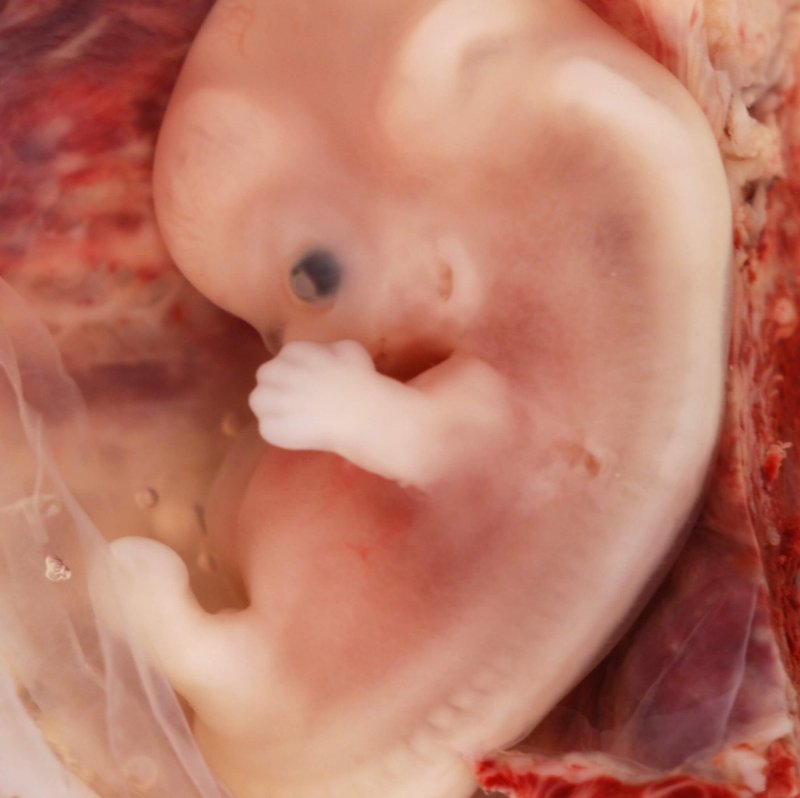A team in China has corrected genetic mutations in at least some of the cells in three normal human embryos using the CRISPR genome editing technique. The latest study is the first to describe the results of using CRISPR in viable human embryos….
…
Until now, results have only been published from experiments in which the CRISPR technique was used in abnormal embryos, made when two sperm fertilize the same egg…However, these experiments may not have given an accurate indication of how well the technique would work in healthier embryos.
The Chinese team behind the latest study…first carried out experiments with abnormal embryos, and found the repair rate was very low. But they had more success when they tried to repair mutations in normal embryos derived from immature eggs donated by people undergoing IVF.
…
While firm conclusions cannot be drawn based on just six embryos, these results are encouraging as they suggest CRISPR gene repair is more efficient in normal cells. “It does look more promising than previous papers,” says Fredrik Lanner of the Karolinska Institute in Sweden, whose team has begun using CRISPR to disable genes in human embryos to study embryonic development.
[The study can be found here.]The GLP aggregated and excerpted this blog/article to reflect the diversity of news, opinion, and analysis. Read full, original post: First results of CRISPR gene editing of normal embryos released































